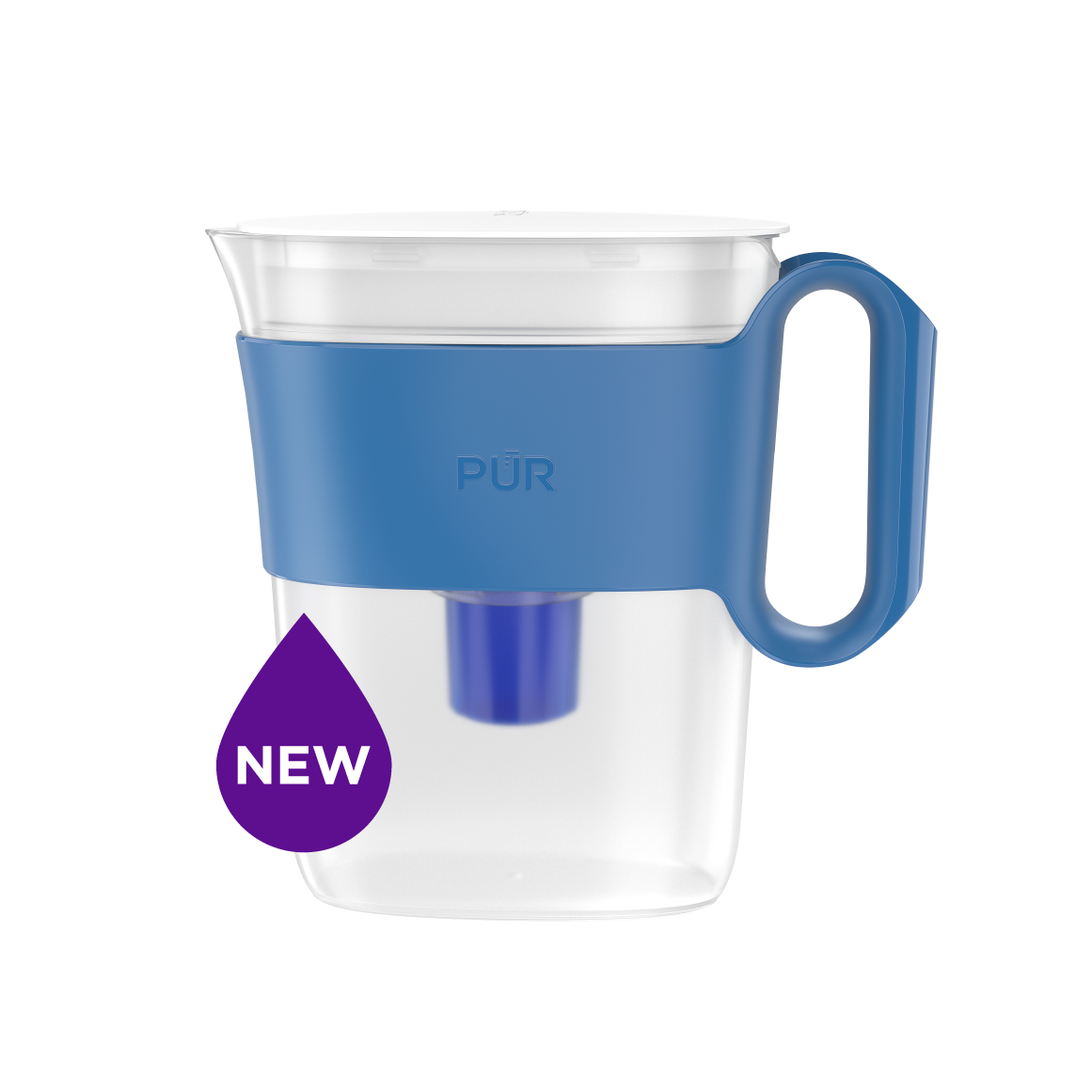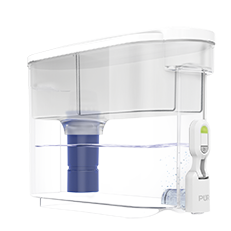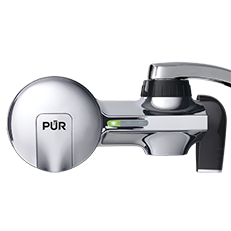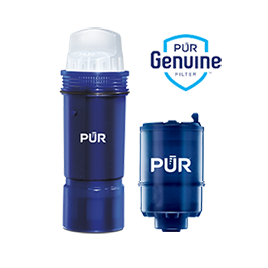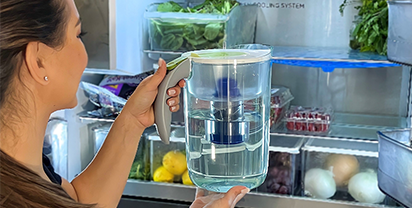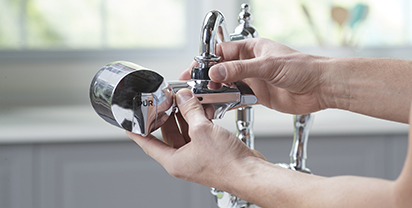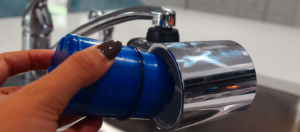The Tap Blog
3 Dirty Truths About Generic Water Filters
With inflation costs rising, most of us are looking to cut costs where we can. […]
5 Easy Purchases to Help Offset Inflation Costs at Home
John D. Rockefeller called thrift essential to living a well-ordered life. Whether or not thrifty […]
There’s One Top Wellness Tip That Will Improve Study Focus (That You Might’ve Forgotten)
Studying. The act of learning outside of the classroom. The concentrating on information in a […]
The No. 1 Group at Risk for Dehydration (and What to Do About It)
Although you may not have realized it, as we age our risk of dehydration increases. […]
College Life: New Year’s Resolutions That Will Improve Your Grades
New Year’s resolutions are upon us, and if you’re a college student, you’re headed back […]
3 Rituals That Will Change Your Life This Year
Humans are complicated. We like when our actions produce predictable results. (Imagine the smile of […]
Why Baristas Don’t Use Tap Water for Coffee
Professional baristas don’t use tap water to make coffee. It’s a matter of taste. Not […]
New Year New You: Tools to Help You Stay Hydrated
We’ve all heard it’s important to stay hydrated, making it an almost automatic add to […]
The Complete Guide to Holiday Gift Giving, No Matter Your Budget
Saying that the holiday season is stressful is an understatement. No matter how hard we […]
The #1 Hack for Drinking More Water
Water intake is key to our survival, but proper hydration can be difficult to achieve […]
The Perfect Gift Guide for College Students
Choosing the perfect gift for a college student doesn’t have to be as hard as […]

